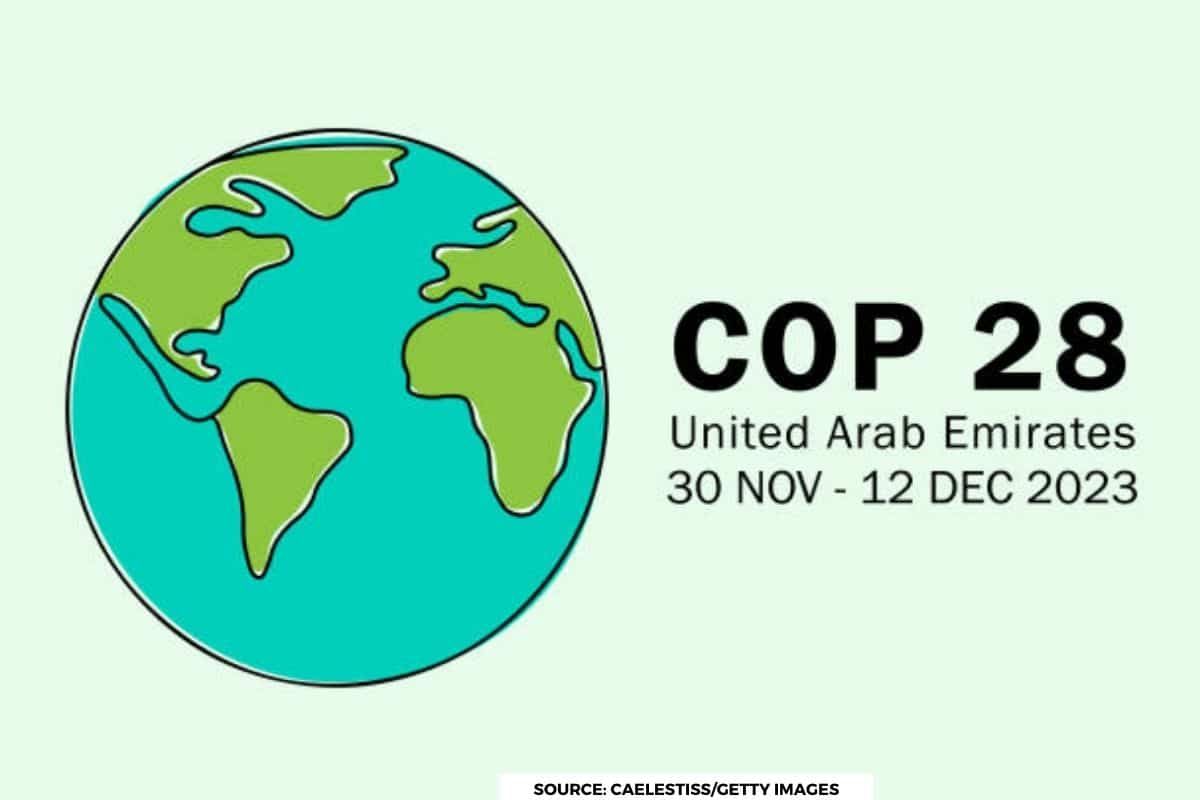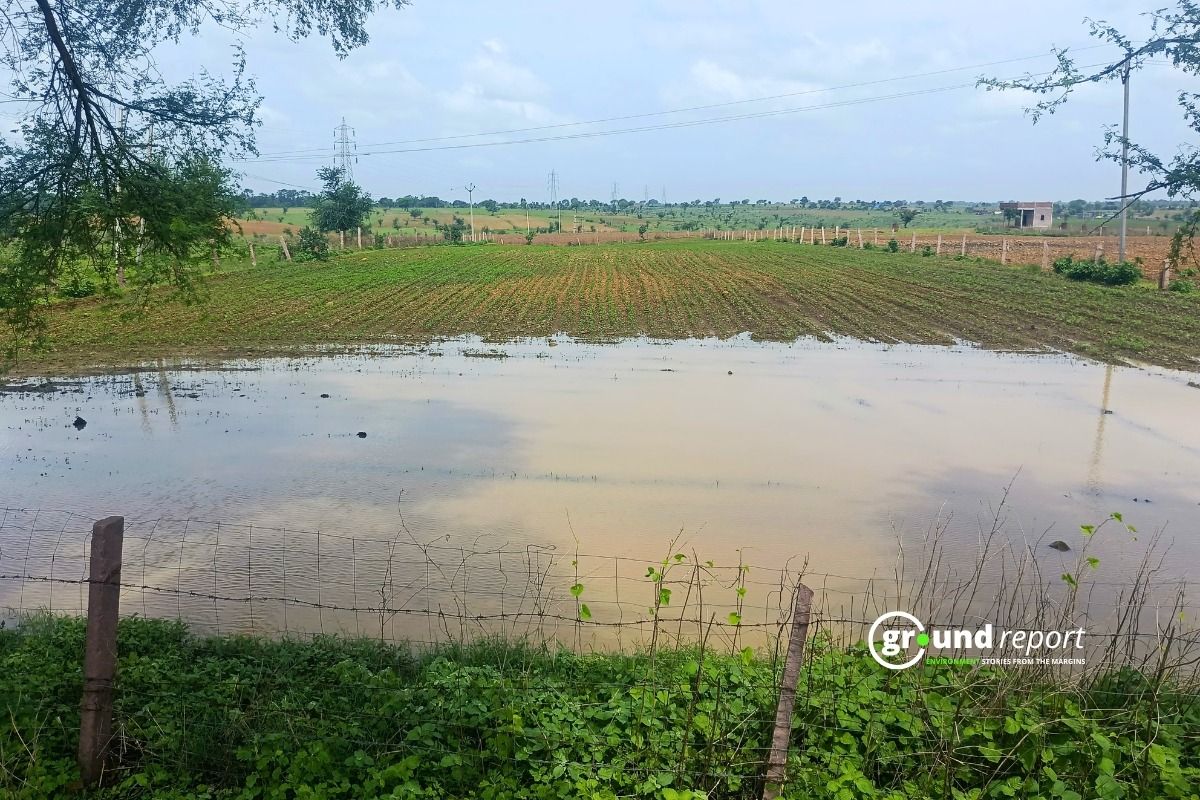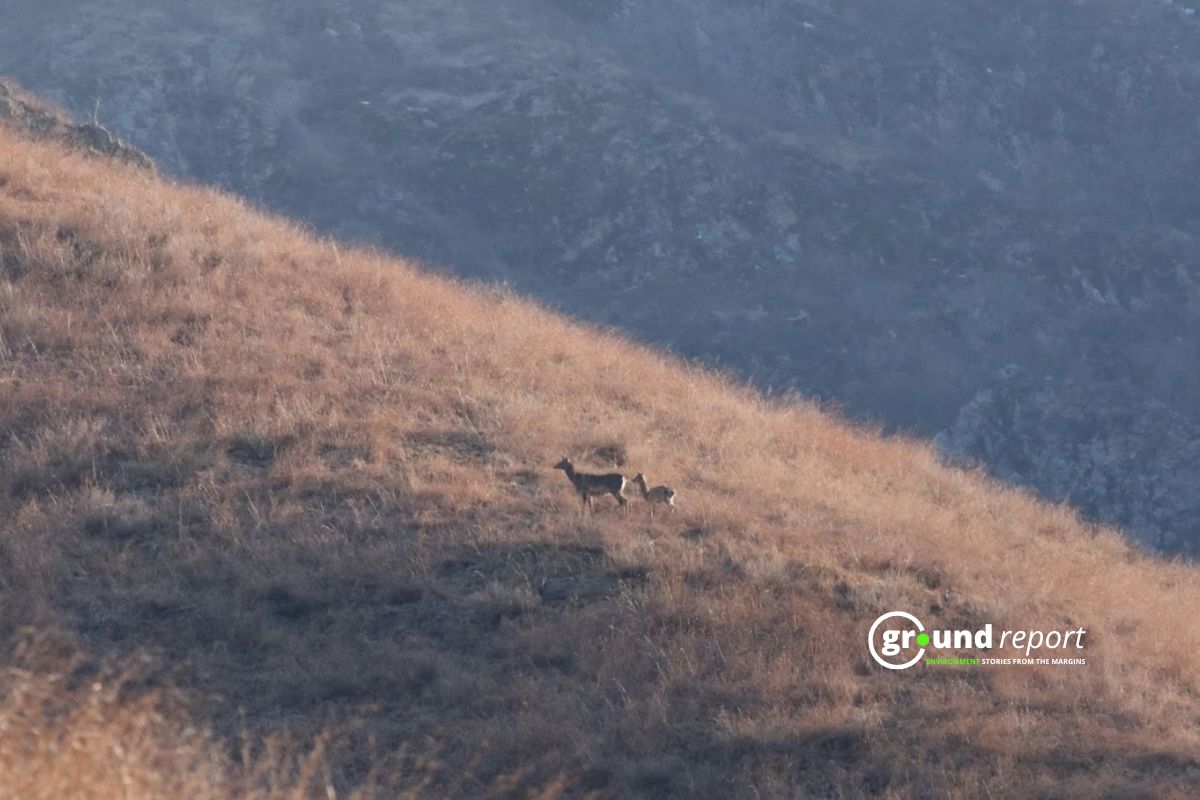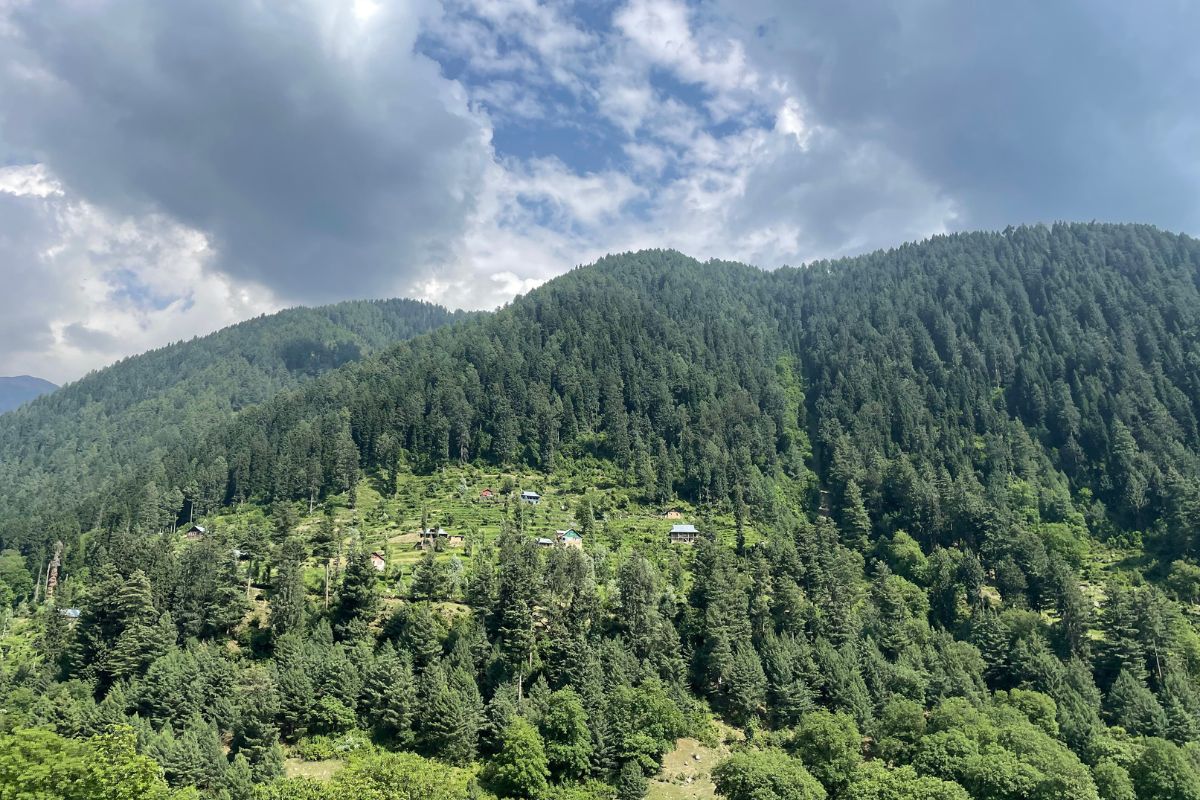The United Arab Emirates (UAE), which is hosting the COP28 climate summit, has reportedly used this occasion to negotiate oil and gas deals with other nations, as per the British broadcaster, BBC. The summit, which commences this Thursday and continues until early December, is being held in Dubai.
BBC has gained access to documents that disclose the host nation’s intentions to discuss fuel agreements with 15 other countries during the climate event.
It seems that the UAE team responsible for the summit’s organization did not deny leveraging meetings related to the summit’s preparations for conducting business discussions.
That team maintained, as reported by Efe citing the BBC, that “private meetings are private” and assured that their work had focused on “significant climate measures.”
The documents mentioned earlier, which were procured by independent journalists from the Climate Information Center in collaboration with the BBC, were drafted by the United Arab Emirates’ COP28 team. These documents were prepared for their discussions with at least 27 foreign governments prior to the commencement of the summit on the upcoming 30th.
These documents reportedly contain proposals for “issues for comment”. For instance, one such proposal for China indicated that Adnoc – the UAE’s state oil company – “is open to jointly evaluating international liquefied natural gas opportunities” in Mozambique, Canada, and Australia.
The documents also suggested conveying to a Colombian minister that Adnoc “is willing” to assist Colombia in developing its fossil fuel resources.
“Conversation topics”
The BBC revealed that it had prepared “talking points” for 13 other countries, such as Germany or Egypt, suggesting that Adnoc wanted to work with their governments to develop fossil fuel projects.
These documents also show that the UAE prepared other “talking points” about business opportunities for its renewable energy company, Masdar, ahead of meetings with 20 countries, including the United Kingdom, the United States, France, Germany, the Netherlands, Brazil, China, Saudi Arabia, Egypt and Kenya.
According to the same information, these meetings were led by the president of COP28 himself, Sultan al-Jaber, who is also CEO of the Emirates oil giant, Adnoc, and the state renewables business, Masdar, and was in charge of preparing documents.
The BBC notes that it is not clear how many times Jaber and his colleagues raised such issues in COP28-related meetings with foreign governments.
The public broadcaster also indicates that, on at least one occasion, it was aware that one of the foreign countries continued with these commercial talks after that meeting managed by the United Arab Emirates team, although the other 12 countries assured that in their corresponding meetings did not address commercial activities.
Violating standards
The standards of conduct for the presidents of the Conference of the Parties (COP), a series of global climate summits, are established by the United Nations Framework Convention on Climate Change (UNFCCC). The UNFCCC informed the BBC that the “obligation of impartiality” is the “cardinal principle.”
COP presidents are “expected to act without bias, prejudice, favoritism, caprice, self-interest, preference or deference, strictly based on sound, independent and fair judgment,” according to the UNFCCC. They are also expected to ensure that their personal views and convictions do not compromise or appear to compromise their role and functions as a UNFCCC officer.
A person was seen walking past a “#COP28” sign promoting the upcoming climate summit in Abu Dhabi, United Arab Emirates, on Oct. 1, 2023.
Michael Jacobs, a professor at England’s Sheffield University specializing in U.N. climate politics, told the BBC that the actions of the COP28 team appeared “breathtakingly hypocritical.”
He further stated that the UAE, as the current custodian of a United Nations process aimed at reducing global emissions, was trying to negotiate side deals that would increase global emissions in the same meetings where it was supposedly pursuing emission reduction goals.
The letter stated that appointing the CEO of one of the world’s largest oil and gas companies as the president of COP28, a company that recently announced plans to add 7.6 billion barrels of oil to its production in the coming years, could undermine the negotiations. The letter further stated that having an oil company executive at the helm severely jeopardized the COP process and public faith in it, and suggested that different leadership was necessary for COP28 to be a serious and productive climate summit.
Keep Reading
Part 1: Cloudburst in Ganderbal’s Padabal village & unfulfilled promises
India braces for intense 2024 monsoon amid recent deadly weather trends
Support us to keep independent environmental journalism alive in India.
Follow Ground Report on X, Instagram and Facebook for environmental and underreported stories from the margins. Give us feedback on our email id greport2018@gmail.com.
Don’t forget to Subscribe to our weekly newsletter, Join our community on WhatsApp, and Follow our YouTube Channel for video stories.








